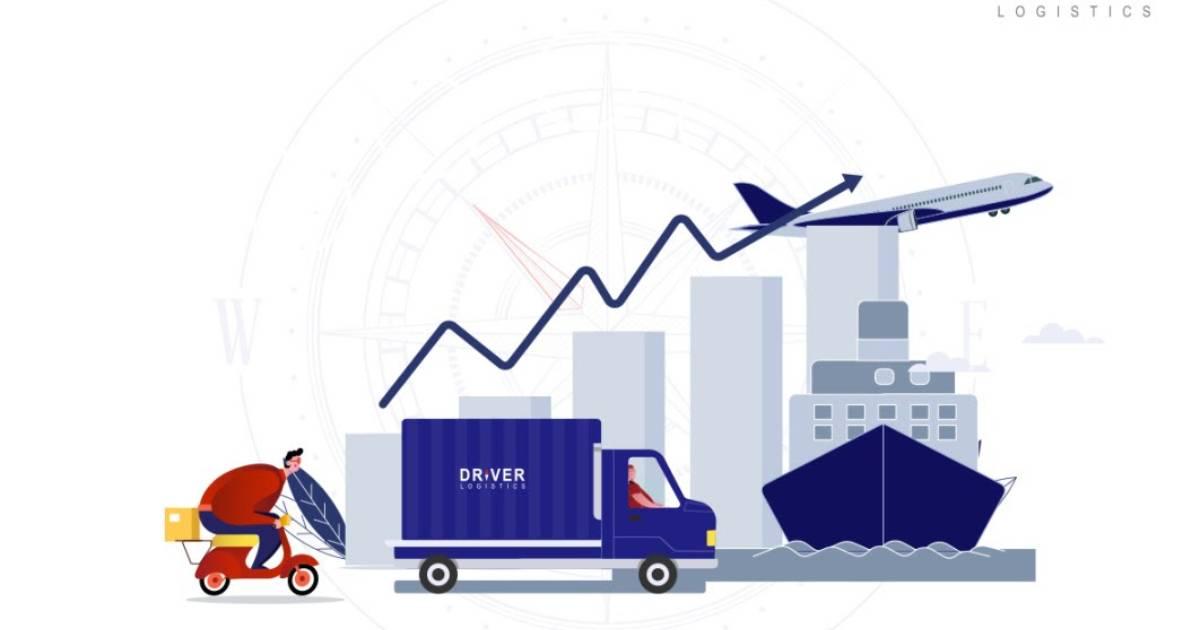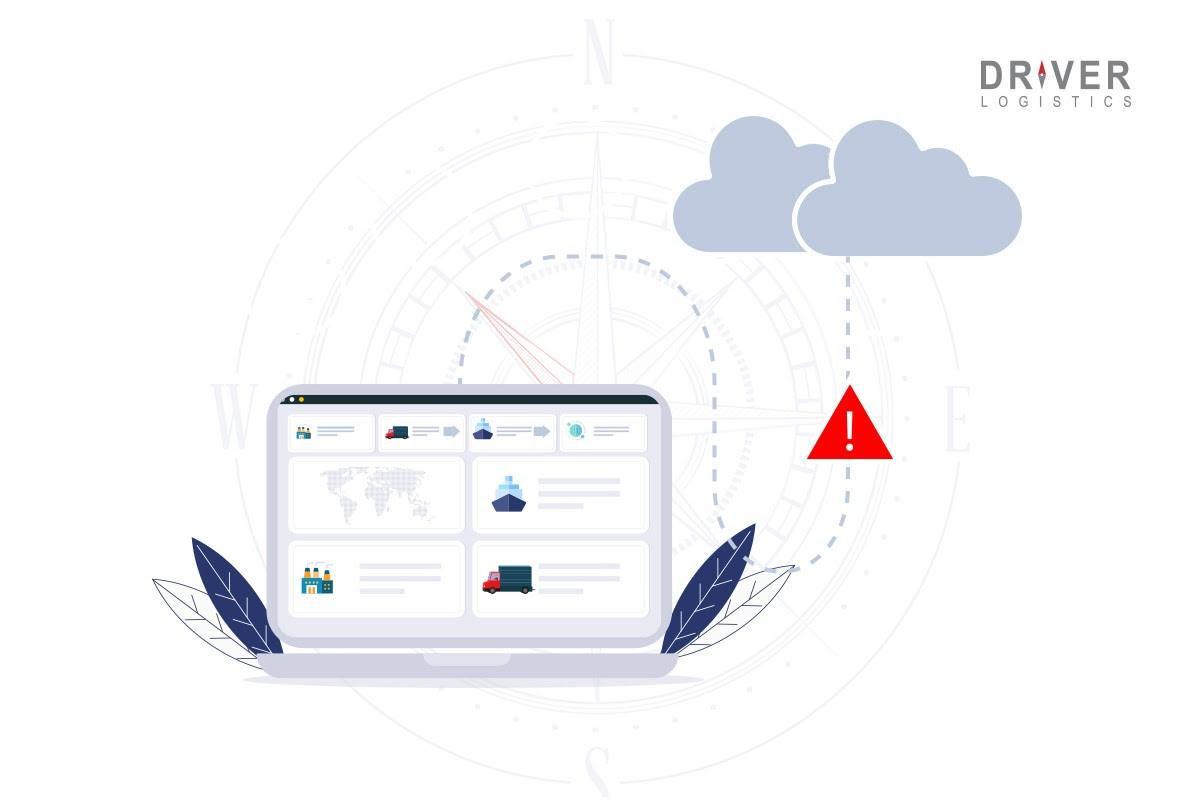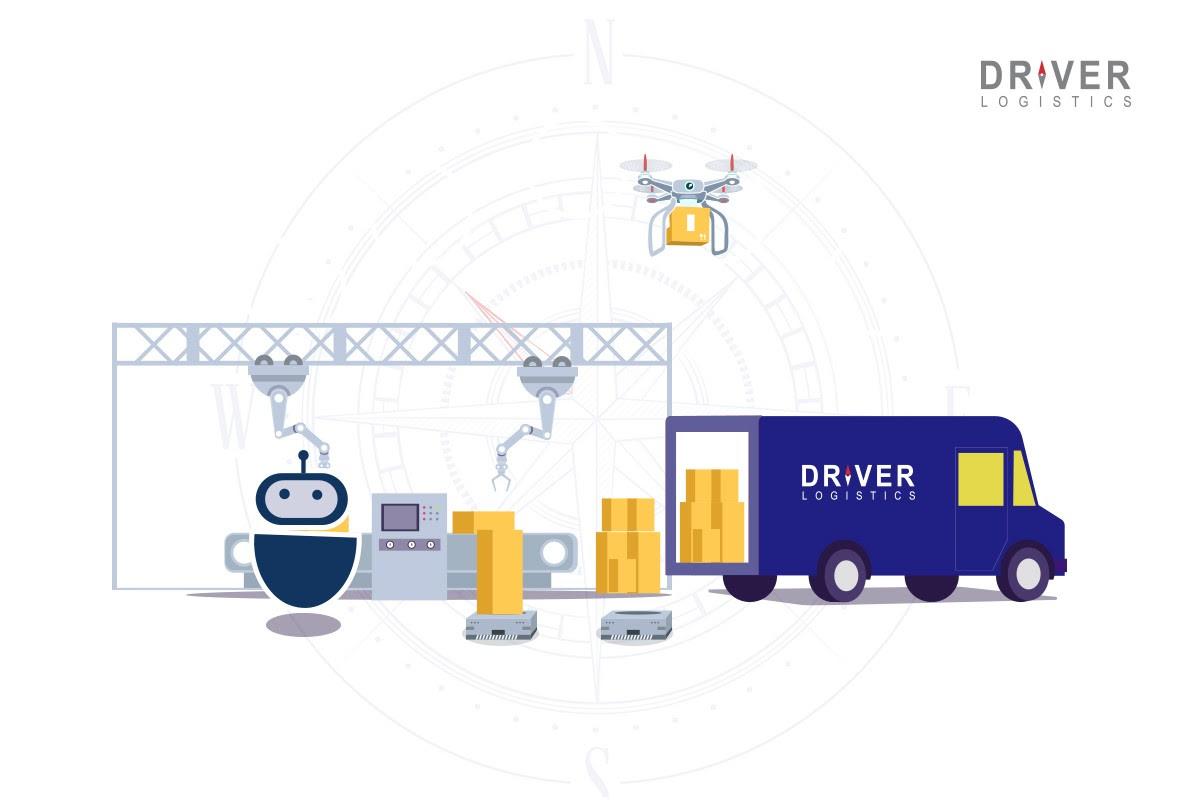
The Ultimate Guide To Fleet Management System: Improve Efficiency & Productivity
Oct 10, 2023
Transportation is an integral part of logistics. Finding commercial vehicle services is crucial to enhance on-time delivery and customer satisfaction. And also, you need an effective management system to track and navigate the movement of vehicles and the pace of delivery.
Digitization and business intelligence have upgraded the business units by providing excellent monitoring systems and automated services. It helps to continuously keep track of crucial segments where a manual examination is not possible.
Businesses need a robust system to track the flow of goods. Fleet management has become an inevitable part of the logistics industry that eliminates any possible glitches in the goods flow.
Read More: Reverse Logistics: A Guide to Key Strategies & Benefits
Advantages of Fleet Management System
Technological advancement has enabled a live management system that helps fleet managers to get 24/7 real-time tracking of the supply chain cycle. Manual maintenance of the entire commercial vehicle is a time-consuming and difficult task. Hence, fleet management software is an ideal hack to make logistics services smooth and compliant.

Here are some top-hole features of fleet management software that help you make your business quick and reliable:
Navigate and identify a smart route
Your customers are from different parts of the world. Finding delivery routes is vital to reduce fuel costs and other expenses. The GPS-enabled Fleet Management System helps drivers to find the fastest direction by saving time and money.
Pre-scheduling the delivery routes is also necessary to improve customer satisfaction. Now, drivers can easily schedule their paths before starting the journey using the GPS fleet tracking system.
Automates vehicle maintenance
In digitized businesses, collecting accurate and complete data is the only way to gain success, and improve transparency and reliability in your business. A fleet management system helps to automate data collection by lowering manual risks and untoward incidents.
Frequent inspection and timely maintenance are necessary to maintain the logistics flow. Vehicles need proper maintenance to enhance the delivery system and customer satisfaction.
The fleet management system has a stellar automated reminder setting that alerts your due dates and vehicles' maintenance dates. Furthermore, it generates automated performance reports that help in analysing the operational capability and pace of delivery completion.
Recommended Reading:Integrated logistics and supply chain coordination
Helps to reduce total operational costs and saves time
Controlled expense is necessary to run a logistic unit. If you fail in optimizing the fleet, your fiscal management gets overrun with unwanted expenses. A proper fleet management system helps to control fuel costs and saves time.
The automated maintenance reminder system attached to the FMS helps in timely maintenance by enhancing vehicles’ life span and performance quality. Moreover, the insurance company provides special discounts for vehicles that are equipped with GPS monitoring systems.
Overhead expense is also a challenge in logistics. Manual works increase expenses and consume time. But, with the assistance of an optimized fleet management system, manual labour can be completed with the assistance of an automated software system that saves time and eliminates overhead expenses.

Online Technical Assistance and Helpline Communication System with Enhanced Security
The fleet management system provides an anon-time communication system that helps to notify drivers and employees of important information and alert notifications. The IoT sensors attached to the fleet management software collects real-time data and helps to guide drivers if there are any technical glitches or change in pre-scheduled routes.
The FMS guarantees increased safety and security with its GPS-enabled trajectory. It helps the logistics unit prevent fraud and theft by intensifying efficiency and safety. Also, it helps to prevent unauthorized vehicle movement by providing excellent geofencing features.
Boost Customer Satisfaction
Along with on-time delivery, your customers need a live shipment tracking system to check updates on delivery. This will help to plan their schedules accordingly to be available at the time of delivery. Moreover, customers need a delivery system that quickly responds to the time of emergency. Proper maintenance of customer chatbox and quick call services help to garner customers’ trust and improve engagement rate.
Relevant Reading: 6 Effective Green Logistics Strategies Driven by Smart Technology
Upgrade and Organize Your Shipment Services
Integrating a fleet management system into the logistics unit is necessary to drive productivity and profit. It helps to overcome the manual challenges the fleet managers face in integrating the data manually. A proficient logistics service provider needs excellent organizational skills, technological assistance, fiscal stability, uniform procedures, and an effective communication system to rise above challenges.
A well-trained fleet manager is necessary for every logistics unit to measure and continuously upgrade fleet management systems as per the advancement in technology. Efficient logistics management is the key to enhancing customer satisfaction.